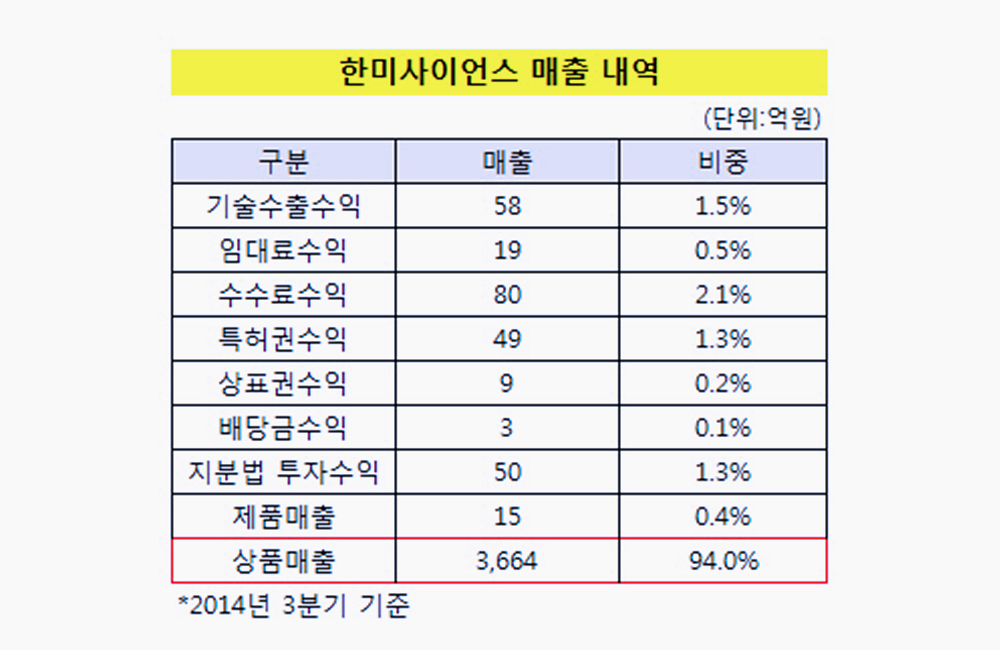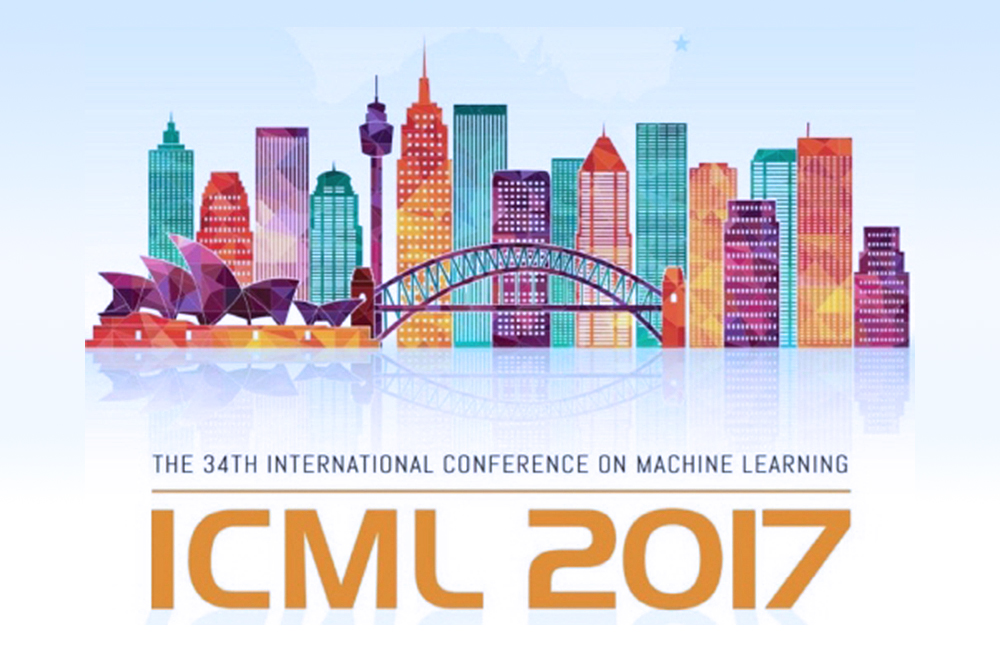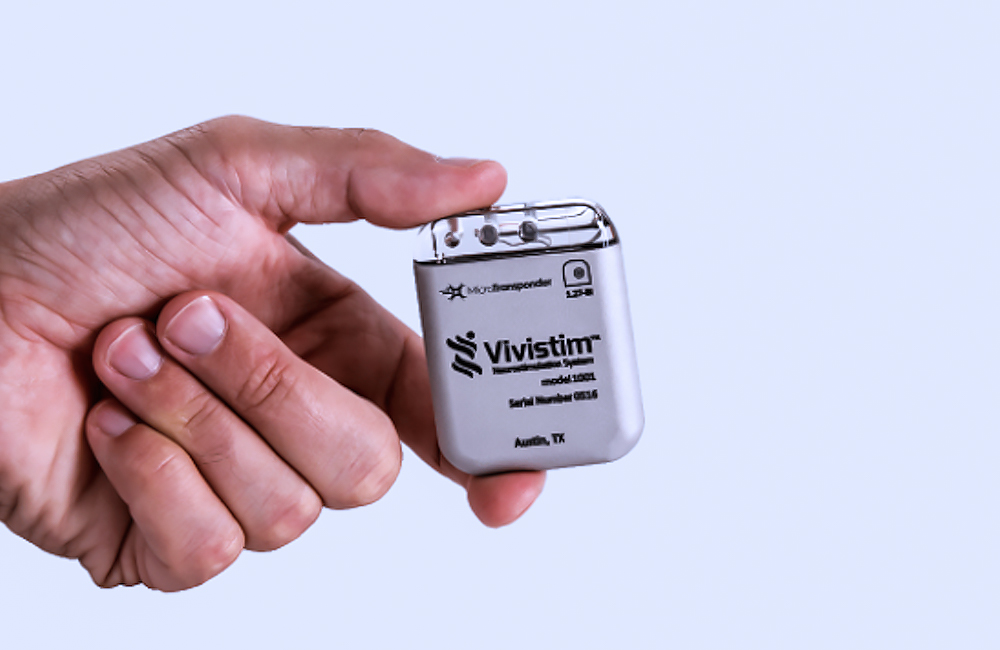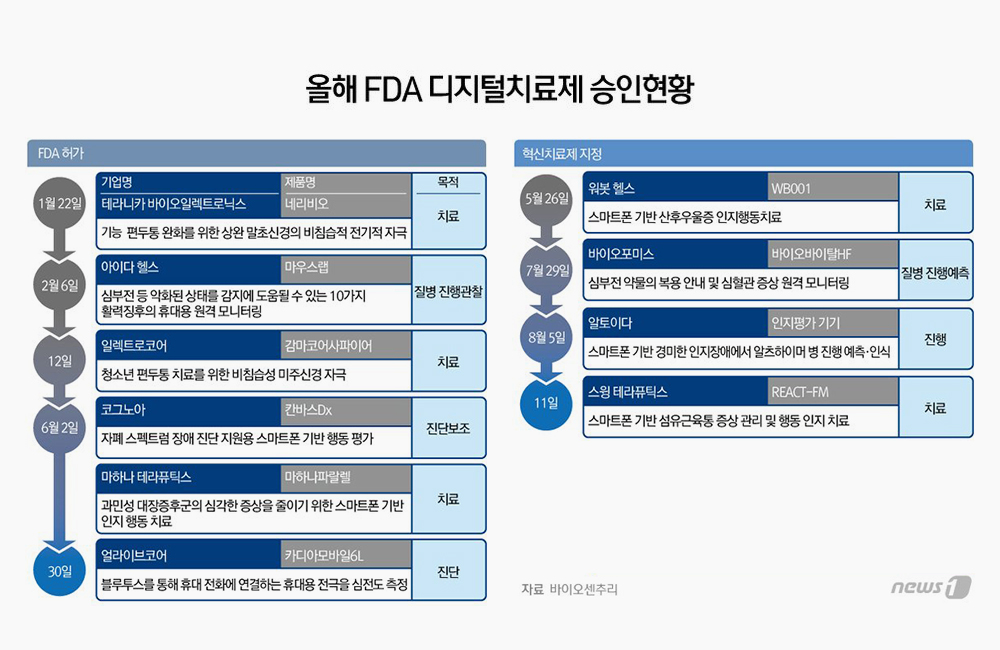The pharmaceutical, healthcare, and medical devices sectors are highly regulated, and environmental, social, and governance (ESG) . However, they are no stranger to controversy. As more firms are called upon to confront social inequity publicly, corruption, tax avoidance, and a lack of security, healthcare providers and pharma and medical device businesses will need to improve their governance.
Listed below are the key technology trends impacting environmental, social, and governance (ESG) performance, as identified by GlobalData.
Artificial intelligence (AI)
Pharma companies and medical devices companies are implementing AI to transform supply chains and better manage their operations. With predictive analytics, AI provides increased visibility of supply chains, improving transparency around costs, logistics, warehousing, and inventory. Data are collected from each stage and then analysed by AI algorithms to increase efficiency and productivity.
AI also speeds up the drug development process, which could translate into cheaper drugs for patients. BenevolentAI is exploring AI for disease modification across weeks rather than months. Additionally, AI can improve patient wellbeing by automating health records, predicting illness, and enhancing treatment efficiency.
3D printing
For pharma and medical device companies, 3D printing can reduce costs, waste, and the environmental burden. Aprecia Pharmaceuticals’ Spritam, an anti-epileptic drug, is the first and only 3D-printed pharmaceutical, having received US Food and Drug Administration (FDA) approval in 2015. While large pharma companies have been slow in this area, Merck and GSK are now using 3D printing for clinical trials and manufacturing.
3D bioprinting offers an alternative to animal testing in drug development. 3D tissues provide a far more accurate representation of reality, resulting in more predictive findings for drug candidates and reduced late-stage failures.
Cybersecurity
The healthcare industry is vulnerable to cyberattacks due to the amount of valuable and sensitive data it produces. Since the onset of the pandemic, there have been cyberattacks on hospitals and institutions in the US and Europe, especially those associated with Covid-19 research.
Telemedicine also poses significant privacy and security issues. Healthcare staff must be trained on processes and systems and patients made aware of best practices. Blockchain technology can mitigate cybersecurity risks by preventing unauthorised access to assets, such as networks and clinical data, ensuring systems are efficient for healthcare professionals and patients.









